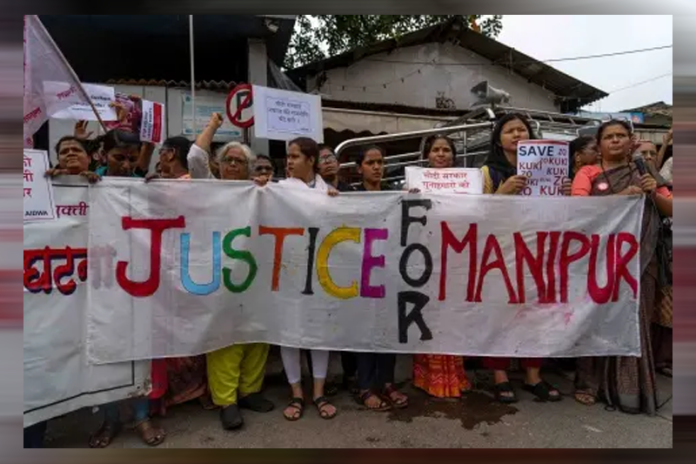The Hypocrisy of Selective Awareness: When Silence Funds Bombs

- 22
- 0
In a world increasingly shaped by global activism, social media awareness, and political consciousness, there remains a disturbing contradiction that exposes the depth of our moral confusion: we are quick to question aid for the oppressed, yet we willingly and enthusiastically fund the oppressors.
This contradiction is most evident in conversations surrounding Palestine. A common argument we often hear is, "We shouldn't send money to Palestine because we don't know where it really goes." This statement, at first glance, may sound like a reasonable call for accountability.
But when held up to scrutiny, it unravels into an excuse — one that masks apathy, ignorance, or even worse, complicity.Ironically, many of the same individuals who express skepticism about sending money to Gaza have no problem consuming products from brands that are openly linked to the Israeli economy — companies like Coca-Cola, PepsiCo, Nestlé, McDonald's, and others. These brands have known and documented connections with Israel, and some have even set up factories or invested in operations within illegal Israeli settlements. There is little to no ambiguity about where your money goes when you purchase a Coke or a McFlurry. A portion of that revenue ends up supporting a system that funds military operations, settler expansion, and the continuous siege on Gaza — a region already choked by a brutal blockade and relentless bombings. Unlike aid to Palestine, whose route may be murky due to disrupted infrastructure and imposed restrictions, corporate support for Israel is clear-cut, documented, and deliberate.
So, what exactly do we call this behavior?Is it hypocrisy? Perhaps. Is it moral laziness? Absolutely.But more importantly, it's a failure of conscience.We live in a time when information is at our fingertips. Ignorance is no longer a valid excuse.
A quick search can reveal which companies are tied to oppressive regimes or military actions. And yet, despite this access to truth, we still choose comfort over conscience — taste over ethics.Let's be honest — it’s not that people don’t know. It’s that they don’t want to care. Because caring requires change. And change, no matter how small — like giving up your favorite soda — feels like an inconvenience.But here's a stark reminder: while you sip your fizzy drink, a child in Gaza may be drinking contaminated water because clean sources have been bombed. While you're enjoying a burger from a global fast food chain, a Palestinian family might be breaking bread by candlelight in the rubble of what was once their home. When you argue against funding aid to Palestine, citing a lack of transparency, yet casually support multinational companies that help finance Israel’s war machine — what message are you sending? That you're more concerned about how aid might be misused than you are about confirmed bombings of schools, hospitals, and refugee camps?This is not just apathy.
This is moral bankruptcy.We must stop hiding behind the veil of "uncertainty" when it comes to helping the oppressed, especially when we make no such demands for clarity in our daily economic habits. Why is it that aid to Palestine must meet impossible standards of proof and security, while Israeli companies — and their global partners — are given free rein? It’s time to ask ourselves hard questions:Why is our skepticism only directed at the victims, not the aggressors?Why do we need “proof” of Palestinian suffering but accept Israeli narratives without question?Why do we demand receipts for donations to Gaza, but not for the money we indirectly funnel into war through consumerism?
To be clear: this isn’t about guilt-tripping people into action. This is about awareness, responsibility, and aligning our values with our behavior.Boycotting companies with ties to oppressive regimes is not just a symbolic gesture — it is a practical and powerful form of resistance. History has shown us the effectiveness of economic pressure — from the anti-apartheid movement in South Africa to various labor and civil rights campaigns around the world. Every dollar you spend is a vote for the kind of world you want to live in.And if you're still unsure where to start, begin with a simple question: Does my money help someone live, or does it contribute to someone's death?
That one question can change everything.In the end, it's not just about Palestine. It's about whether we, as individuals and as a global community, are willing to stand for justice even when it's inconvenient. It's about whether we can resist the seductive ease of consumer culture long enough to see the blood on the products we buy. And it's about whether we can break the cycle of complicity before it becomes part of our identity.Because history doesn’t just remember the tyrants — it also remembers those who stayed silent.So, call it what you will — shamelessness, indifference, or cowardice. But don’t call it neutral. Neutrality in the face of oppression is a choice — and often, it’s the side of the oppressor.

















































